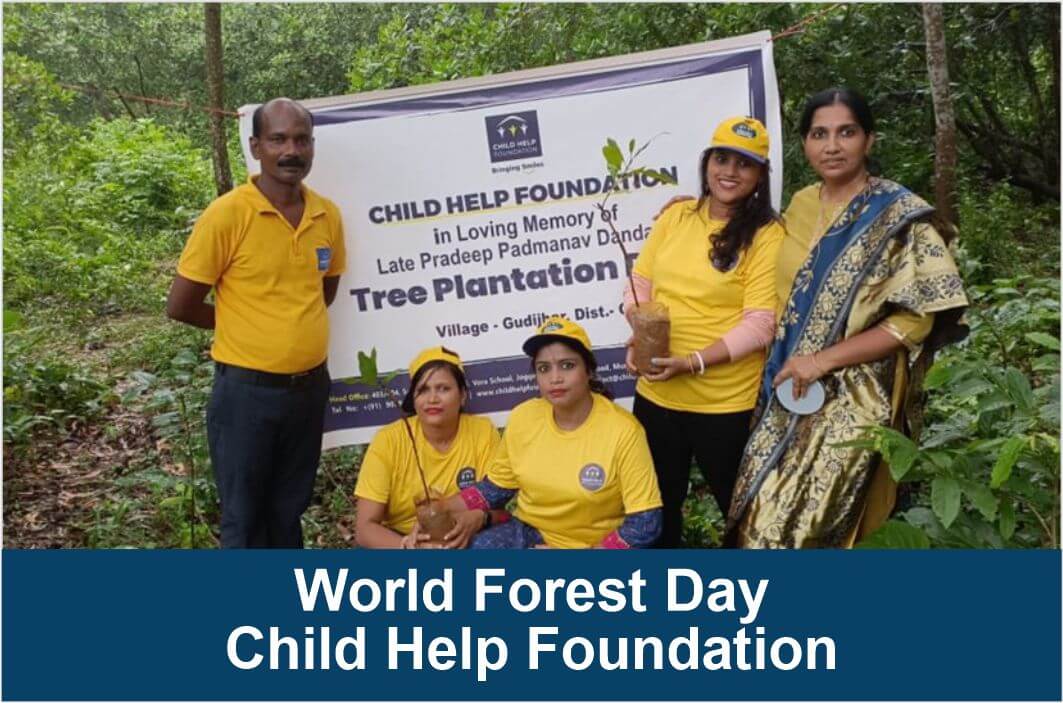Every year on 21st March, the world comes together to celebrate International Day of Forests, also known as World Forest Day. This global observance, established by the United Nations in 2012, aims to raise awareness about forests' vital role in sustaining life on Earth. It highlights the significance of forests for biodiversity, climate regulation, and human well-being while advocating for conservation and sustainable management.
The Importance of ForestsForests are often referred to as the “lungs of our planet” because they absorb carbon dioxide and produce oxygen, essential for life. Covering about 31% of the Earth's land area, they provide habitat to 80% of terrestrial species including countless plants, animals, and microorganisms. Beyond biodiversity, forests offer essential ecosystem services such as water purification, soil conservation, and climate regulation.
Additionally, forests play a critical role in supporting millions of livelihoods. Indigenous communities and rural populations around the world depend on forests for food, medicine, and shelter. Moreover, forests contribute to economies through timber, paper, and non-timber forest products.
Theme for 2025This year's theme for World Forest Day, “Forests and Food,” highlights the vital connection between forests, food security, biodiversity, and climate resilience. In India, forests play a crucial role in sustaining livelihoods, supporting diverse ecosystems, and preserving cultural heritage. They provide essential resources, from nutritious fruits and medicinal plants to livelihoods for indigenous communities. Protecting and restoring forests is key to ensuring food security and combating climate change, making conservation efforts more important than ever.
Threats to ForestsDespite their immense importance, forests are under constant threat due to human activities. Deforestation, illegal logging, land conversion for agriculture, and urban expansion have resulted in the loss of vast forested areas. According to reports, around 10 million hectares of forests are lost annually, exacerbating climate change and endangering wildlife.
Climate change poses another challenge, leading to wildfires, droughts, and shifting ecosystems, affecting forest health. If deforestation continues at the current rate, we risk losing irreplaceable ecosystems and the benefits they provide.

How Can We Help?
Protecting forests requires collective action at individual, community, and governmental levels. Here are some ways we can contribute:
- Plant Trees: Afforestation and reforestation help restore lost green cover.
- Support Sustainable Products: Choose products with certifications like FSC (Forest Stewardship Council) to ensure responsible sourcing.
- Reduce Paper and Wood Consumption: Opt for digital alternatives and recycled materials.
- Advocate for Policy Changes: Encourage governments and organisations to implement and enforce forest conservation policies.
- Educate and Spread Awareness: Share knowledge about the importance of forests and the need for conservation.
We at Child Help Foundation have planted more than five thousand trees.
ConclusionWorld Forest Day serves as a reminder that forests are not just a source of resources but a lifeline for the planet. By protecting and restoring forests, we can combat climate change, preserve biodiversity, and ensure a healthier future for generations to come. This year, let us pledge to take steps—big or small—to safeguard our forests and promote sustainable living.
After all, a greener planet is a healthier planet!
